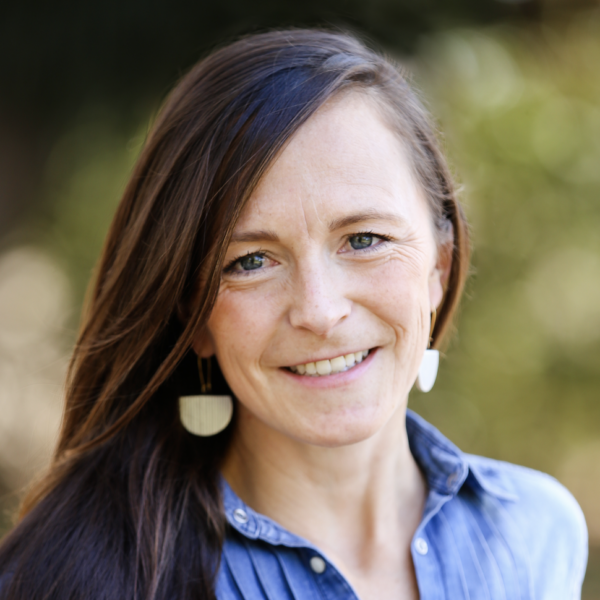
Tamma Carleton is the Faculty Head of Research for the Climate Impact Lab (CIL) and an Assistant Professor in the Department of Agricultural and Resource Economics at University of California, Berkeley. Previously, Tamma was an Assistant Professor of Economics at the Bren School of Environmental Science & Management at the University of California, Santa Barbara (UCSB). Prior to UCSB, Tamma worked as a postdoctoral scholar in the Kenneth C. Griffin Department of Economics at the University of Chicago.
Tamma’s research seeks to improve quantitative understanding of how global environmental change influences and is shaped by economic development. Tamma worked with CIL while completing her PhD in Agricultural and Resource Economics at the University of California, Berkeley, where she was also a U.S. Environmental Protection Agency STAR Fellow and Doctoral Fellow in the Global Policy Lab at the Goldman School of Public Policy. A Rhodes Scholar, Tamma earned master’s degrees in Environmental Change & Management and in Economics for Development at the University of Oxford. She has a BA in Economics from Lewis & Clark College in Portland, Oregon, and was a Research Analyst at the Federal Trade Commission’s Bureau of Economics.
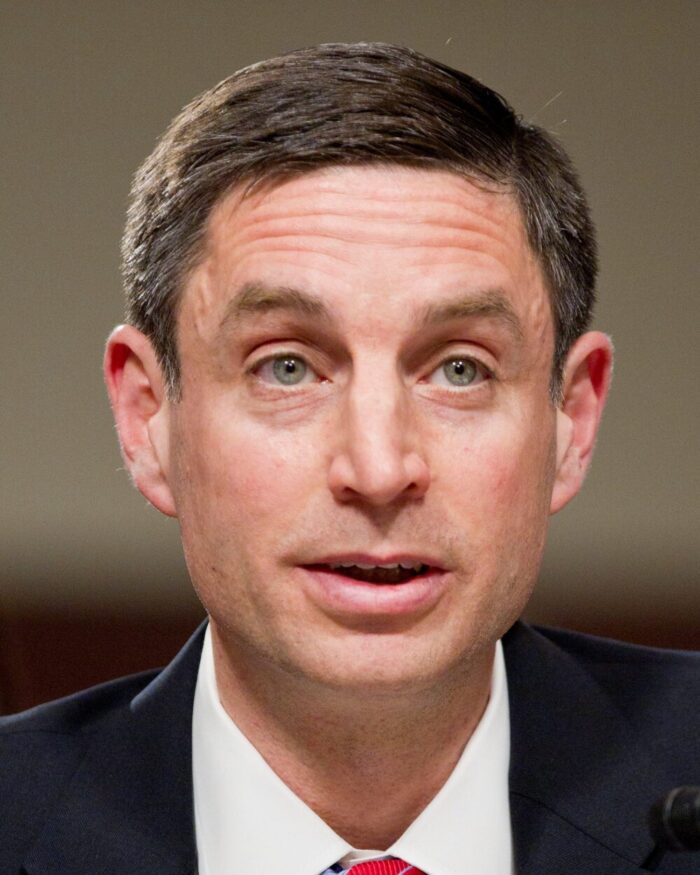
Michael Greenstone is the Milton Friedman Distinguished Service Professor in Economics at the University of Chicago. In addition, he serves as the founding director of the University’s Institute for Climate and Sustainable Growth and the director of the interdisciplinary Energy Policy Institute at the University of Chicago. He was previously the director of the Becker Friedman Institute for Economics.
During the Obama Administration, he served as the Chief Economist for the President’s Council of Economic Advisers, where he proposed and then co-led the development of the United States Government’s social cost of carbon. He is an elected member of the American Academy of Arts and Sciences, a fellow of the Econometric Society, a Carnegie Fellow (aka the “Brainy Award”), and a former editor of the Journal of Political Economy. Formerly, Greenstone was the 3M Professor of Environmental Economics at MIT and directed The Hamilton Project.
Greenstone’s research, which has influenced policy in the United States and globally, is focused on the global energy challenge that requires all societies to balance the needs for inexpensive and reliable energy, protection of the public’s health from air pollution, and minimizing the damages from climate change. Recently, his research has helped lead to the United States Government quadrupling its estimate of the damages from climate change, the adoption of pollution markets in India, and the use of machine learning techniques to target environmental inspections. As a co-director of the Climate Impact Lab, he is producing empirically grounded estimates of the local and global impacts of climate change. He created the Air Quality Life Index® that converts air pollution concentrations into their impact on life expectancy and co-founded Climate Vault, a 501(c)(3) that uses markets to allow institutions and people to reduce their carbon footprint and foster innovation in carbon dioxide removal.
Greenstone received a Ph.D. in Economics from Princeton University and a B.A. in Economics with High Honors from Swarthmore College.
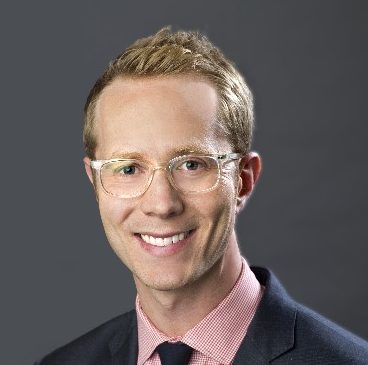
Trevor Houser is a partner with the Rhodium Group, an independent research company, and leads the firm’s Energy & Climate team. This interdisciplinary group of policy experts, economic analysts, energy modelers, data engineers and climate scientists analyzes the market impact of energy and climate policy and the economic risks of global climate change. During 2009, Trevor left Rhodium temporarily to serve as a senior advisor at the US State Department where he worked on international energy, natural resource and environmental policy issues. He serves on the finance committee of the Colin Powell School for Civic and Global Leadership at the City College of New York, his alma mater. He is a member of the Council on Foreign Relations and the National Committee on US-China Relations and serves on the Advisory Board of Center for US-China Relations at the Asia Society.
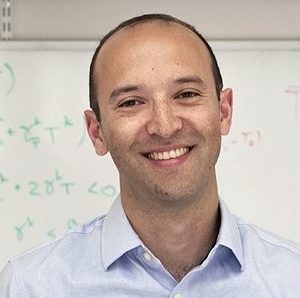
Solomon Hsiang combines data with mathematical models to understand how society and the environment influence one another. In particular, he focuses on how policy can encourage economic development while managing the global climate. His research has been published in Nature, Science, and the Proceedings of the National Academy of Sciences. Hsiang was Lead Economist for the 2014 analysis Economic Risks of Climate Change: An American Prospectus, the scientific analysis behind the Risky Business report published by Michael Bloomberg, Hank Paulson, Thomas Steyer and colleagues. Hsiang earned a BS in Earth, Atmospheric and Planetary Science and a BS in Urban Studies and Planning from the Massachusetts Institute of Technology, and he received a PhD in Sustainable Development from Columbia University. He was a Post-Doctoral Fellow in Applied Econometrics at the National Bureau of Economic Research (NBER) and a Post-Doctoral Fellow in Science, Technology and Environmental Policy at Princeton University. Hsiang is currently the Chancellor’s Professor of Public Policy at the University of California, Berkeley and a Faculty Research Fellow at the NBER. In 2013, Hsiang became the inaugural recipient of the American Geophysical Union’s Science for Solutions Award for “significant contributions in the application and use of Earth and space sciences to solve societal problems”. In 2014, Hsiang was named in Forbes Magazine’s 30 Under 30 in Law and Policy.
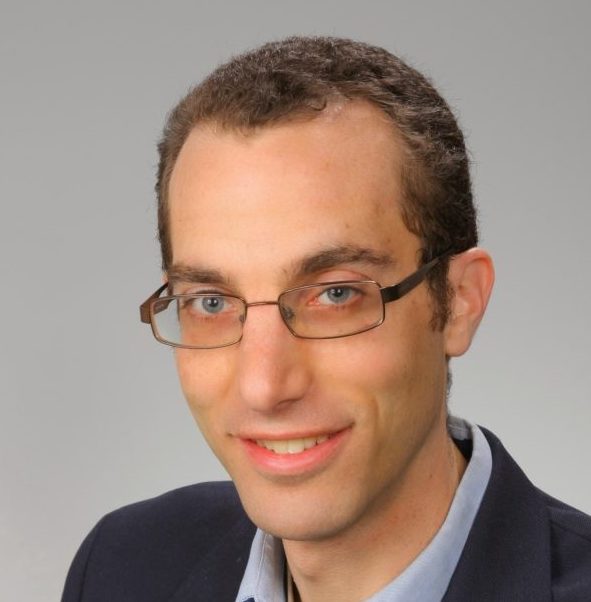
Robert Kopp is Professor of Earth and Planetary Sciences, Director of the Megalopolitan Coastal Transformation Hub, and Co-Director of the University Office of Climate Action, Rutgers University. He also serves as co-director of Rutgers’ transdisciplinary Coastal Climate Risk & Resilience (C2R2) initiative, a training program which brings graduate students in the natural sciences, social sciences, engineering, and urban planning together with coastal stakeholders to tackle the challenges that climate change poses to the world’s coastlines.
Prof. Kopp’s research focuses on understanding uncertainty in past and future climate change, with major emphases on sea-level change and on the interactions between physical climate change and the economy. He is a lead author of Economic Risks of Climate Change: An American Prospectus (Columbia University Press, 2015) and of the U.S. Global Change Research Program’s 2017 Climate Science Special Report, a member of the National Academies’ Committee on Assessing Approaches to Updating the Social Cost of Carbon, and a contributing author of the Intergovernmental Panel on Climate Change’s 2014 Fifth Assessment Report. He has authored over sixty scientific papers and several popular articles in venues including the New York Times.
Prior to joining the Rutgers faculty in 2011, Prof. Kopp served as a AAAS Science & Technology Policy Fellow at the U.S. Department of Energy, where he worked on the U.S. government’s efforts to incorporate climate change into benefit-cost analysis and on the development and launch of the Clean Energy Ministerial. He was previously a postdoctoral fellow in geosciences and public policy at Princeton University. He received his Ph.D. in geobiology from Caltech and his undergraduate degree in geophysical sciences from the University of Chicago. Prof. Kopp is a Rutgers-New Brunswick Chancellor’s Scholar and a past Leopold Leadership Fellow. He is a recipient of the American Geophysical Union’s James B. Macelwane and William Gilbert Medals and the International Union for Quaternary Research (INQUA)’s Sir Nicholas Shackleton Medal.
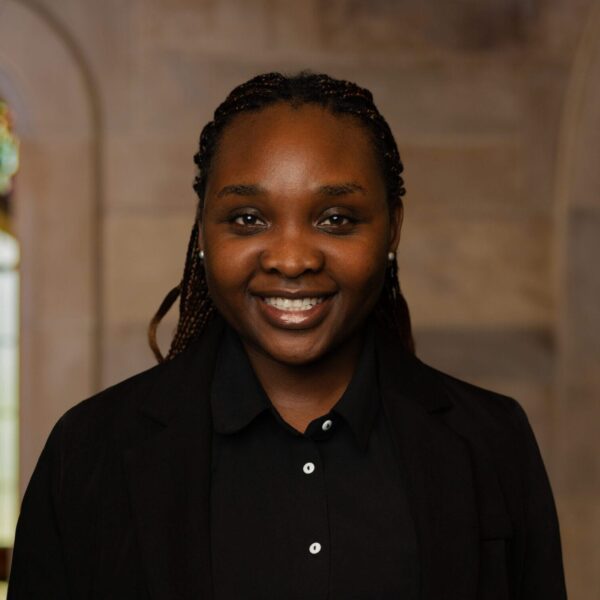
Jennifer Amarachi Agbo is a pre-doctoral fellow at the Energy Policy Institute at the University of Chicago (EPIC). She is working with the Climate Impact Lab to examine the distributional impacts of climate change across various sectors, including mortality, energy, agriculture, labor, and others. She holds an M.A. in International and Development Economics from Yale University and a B.Sc. in Economics from the University of Nigeria. Prior to Yale, she served as a research assistant through the Management Scholars Academy (MSA) program at Lagos Business School, and also gained professional experience at KPMG Nigeria.
“Being at the Climate Impact Lab, EPIC allows me to bridge rigorous economic analysis with real-world climate and development challenges. Each day presents an opportunity to learn from outstanding academics and scholars and contribute to initiatives that can impact equitable environmental and energy policies.”
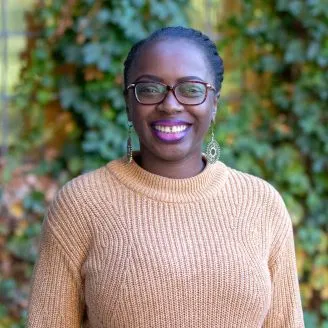
Faidat Brimah is the Director of Finance and Operations, responsible for leading finance and operations for the Institute for Climate and Sustainable Growth and its affiliated centers, including all aspects of budget planning and execution, financial and grants management, administration, human resources strategy, and engagement with key University of Chicago partners, including the Budget Office. She advises, offers guidance, and provides organizational perspective to the senior leadership team and senior staff members on all matters related to finance and operations, including escalating and remediating issues as needed. Prior to joining the Institute for Climate and Sustainable Growth, Faidat served as the Deputy Executive Director at the Becker Friedman Institute at the University of Chicago. Faidat has worked in higher education for more than 12 years. She holds a BS in Finance from the University of Illinois at Chicago, and an MBA from Roosevelt University.
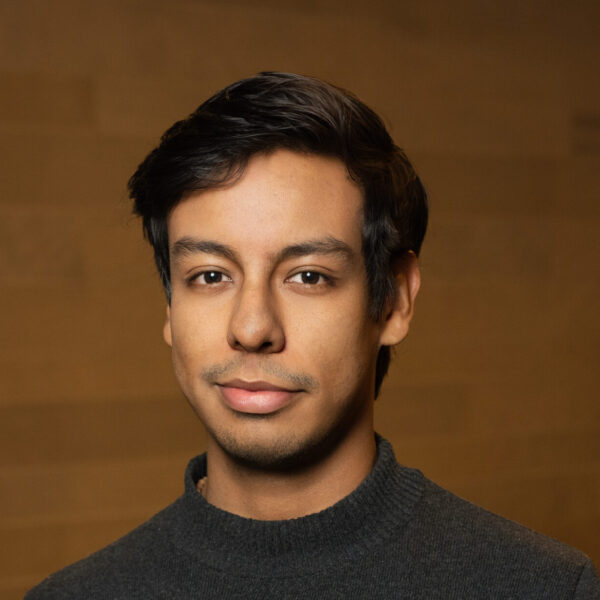
Sebastián Cadavid-Sánchez is a Research Data Scientist at the Climate Impact Lab (CIL), where he contributes to developing and maintaining data-driven tools to quantify the socioeconomic impacts of climate change and assess risks to human and economic systems. Prior to joining CIL, he applied data science methods to interdisciplinary research projects spanning social sciences and conservation ecology across Colombia, Mexico, France, and Germany. He holds an M.S. in Data Science from the Instituto Tecnológico Autónomo de México, and a B.A. and M.A. in Economics from Universidad de los Andes.
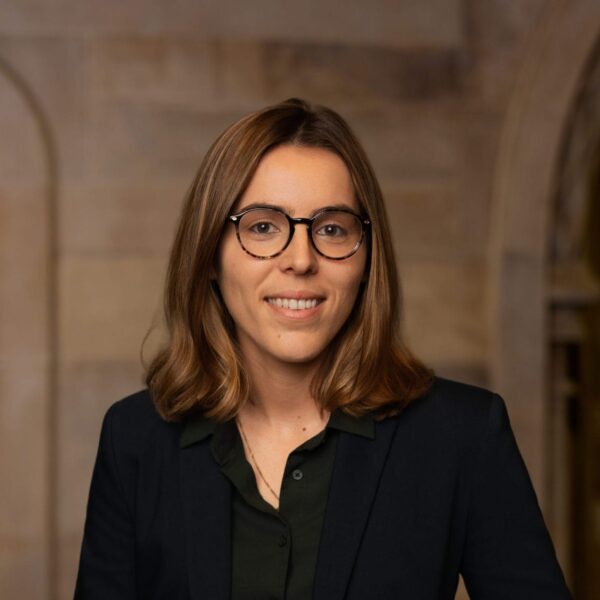
Marine Colon de Franciosi is a Pre-Doctoral Fellow at the Climate Impact Lab (CIL) within the Energy Policy Institute at Chicago (EPIC), working with Professor Ashwin Rode and other affiliated researchers at CIL. She holds a BA in Economics from McGill University and an MSc in Economics for Development from the University of Oxford. Prior to joining CIL, she worked at the World Bank on a range of impact evaluations, including social protection projects in the Sahel that aimed to strengthen household resilience to climate shocks. This experience deepened her interest in pursuing research on the broad impacts of climate change, both market and non-market, and in the role of adaptation in fostering resilience. In her free time, she enjoys reading, running and biking along Lake Michigan, and exploring Chicago.
“Joining EPIC and the Climate Impact Lab is an exciting opportunity to contribute to cutting-edge work on climate change and economic research. The program offers a unique chance to immerse myself in seminars and research projects at the frontier of these fields, while learning directly from faculty and peers. I see this as an opportunity to strengthen my skills and grow as a researcher while contributing to work that can inform policy in meaningful ways.”
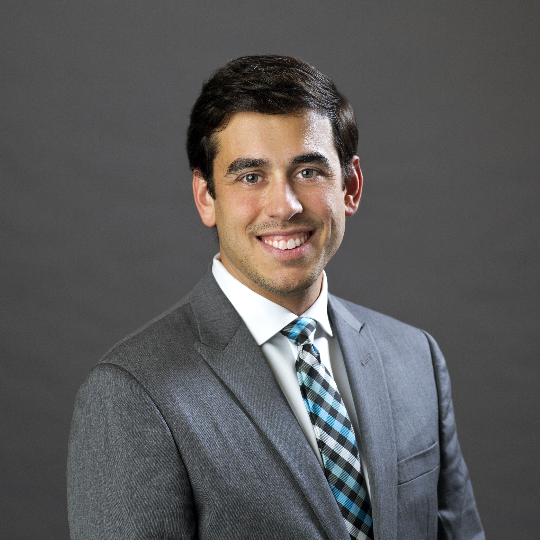
Michael Delgado is a Partner at Rhodium Group focusing on the science, economics, and policy of climate change. Mike develops and deploys a range of quantitative tools to study climate change and its impacts, assess risks to human and economic systems, and analyze policy responses. Mike’s team contributes tools, data, and analysis to the Climate Impact Lab as well as to Rhodium’s clean energy and climate impacts work. Prior to RHG, Mike worked with John Weyant at Stanford University as an energy modeler and for the NIF/LIFE team at Lawrence Livermore National Laboratory. He has a Bachelor’s degree and Master’s degree from Stanford.
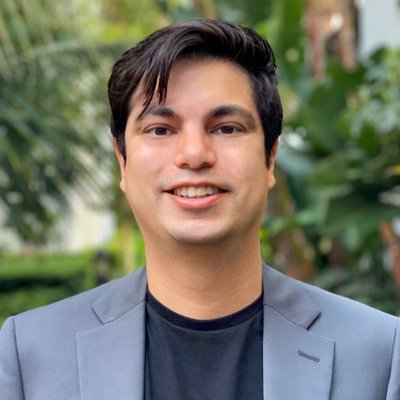
Robert Fofrich is an earth system scientist and postdoctoral associate in the Climate Impact Lab and the Department of Earth & Planetary Sciences at Rutgers University.
Robert’s research focuses on global environmental change and human society. Specifically, climate change impacts to global society, climate change mitigation and adaptation challenges, inequity of climate change, environmental justice, anthropogenic land-use drivers, and human-driven habitat reduction, biodiversity loss, and wildlife decline.
He received his Ph.D. in Earth System Science from the University of California, Irvine where his research focused on constraints to climate change mitigation and adaptation with an emphasis on energy and agricultural systems. Before this, Robert was at the Center for Climate Sciences at NASA-JPL researching wildfire smoke atmospheric injection heights, and global climate change. He received his bachelor’s in Earth System Science at UC Irvine where his thesis research focused on the relationship between climate change and invasive species in Southern California.
Dr. Fofrich is also a recipient of the 2022 UC President’s Postdoctoral Fellowship, and a past NSF Ridge to Reef Fellow and Jet Propulsion Laboratory Scholar at NASA-JPL.
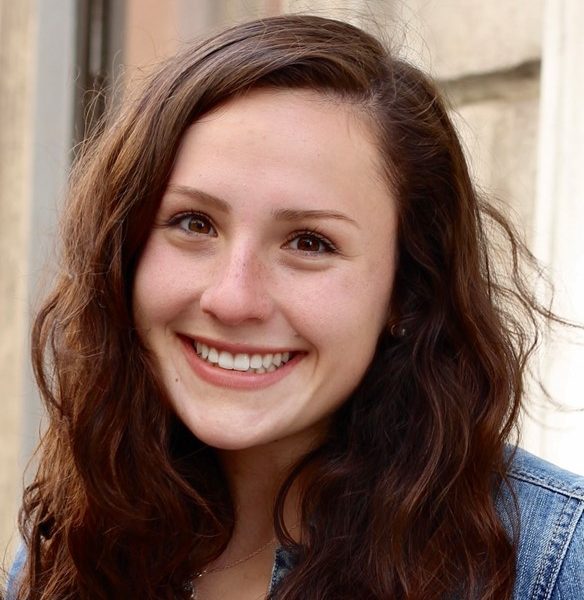
Mollie is the Senior Digital Marketing Lead at the University of Chicago’s Institute for Climate and Sustainable Growth. She was previously the Communications and Digital Marketing Manager for EPIC. Prior to coming to the University of Chicago, Mollie led digital marketing efforts at the World Resources Institute’s climate, forests, and food programs. As a student, Mollie supported several communications teams including the Robert R. McCormick Foundation at Cantigny Park, HAVI, and the University of Galway’s press office. She earned her B.A. in Journalism, Spanish, and Political Science & Sociology at the University of Galway. She also holds an M.S. in Media and Communications from the London School of Economics and Political Science.
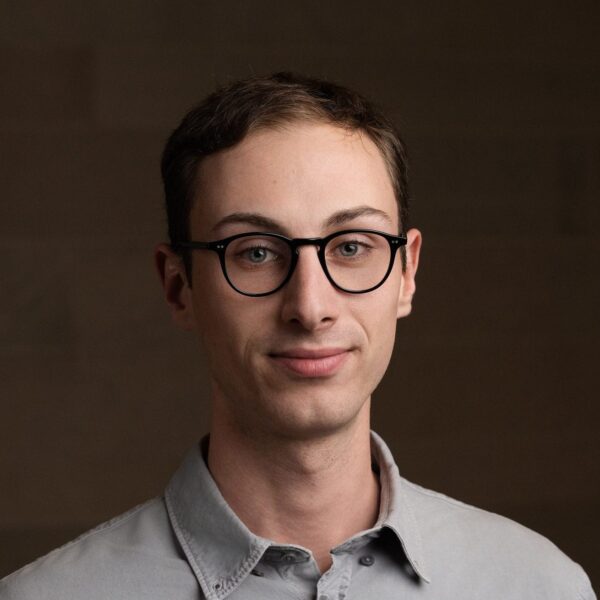
Elliot Grenier is a pre-doctoral fellow at EPIC working with the Climate Impact Lab. He is currently supporting a project which aims to assess inequality in both the impacts and causes of future global warming. Elliot is interested in applied microeconomics with a focus on environmental economics and political economy. His previous research has explored how voters and their representatives adjust their political attitudes towards the environment as a result of climate change. He holds a Master’s in Economics from the University of British Columbia in Vancouver, Canada and a Bachelor’s in Honors Economics from Western University in London, Canada. In his free time, Elliot enjoys live music, reading, and exploring Chicago.
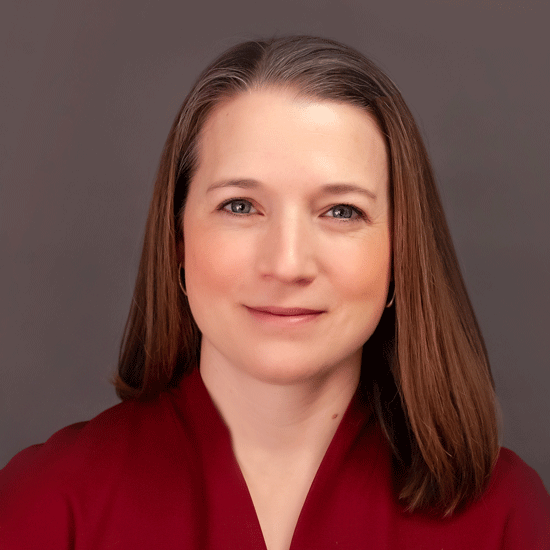
Emily specializes in ensuring that decision-makers understand their exposure to the impacts of climate change and have the information available to make sound decisions to effectively manage the associated risks and opportunities. She has more than 15 years of experience in catastrophe modeling and climate analytics. Previously, she spent 12 years at Risk Management Solutions (RMS), a leading catastrophe modeling firm, where she led initiatives focused on client consulting, strategic collaborative R&D, and product go-to-market. Emily also brings experience from Columbia University’s International Research Institute for Climate and Society (IRI), where her work concentrated on monitoring climate impacts and developing climate monitoring tools for use in developing countries, and she co-authored numerous peer-reviewed papers on climate science and climate applications. Emily holds a Bachelor’s degree in Atmospheric, Oceanic and Space Sciences from the University of Michigan and a Master’s degree in Meteorology from Penn State University.
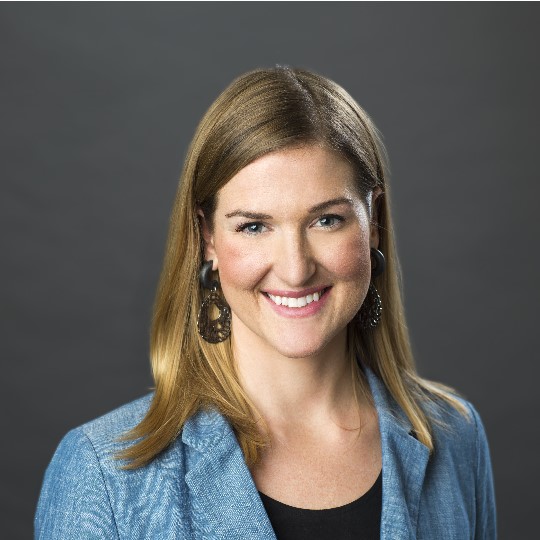
Hannah specializes in communicating the relationship between climate and society. She spent five years working as a journalist in Washington, D.C., before joining Rhodium and moving to California. As a reporter, Hannah wrote on a wide range of topics that included federal climate and energy policy, regulatory reform, congressional politics, presidential campaigns, ethics and lobbying. Hannah worked for E&E News and Roll Call, covering Capitol Hill and federal agencies. Hannah holds two degrees from the University of Illinois, a Bachelor’s degree in Media Studies and a Master’s degree in Public Affairs Reporting.
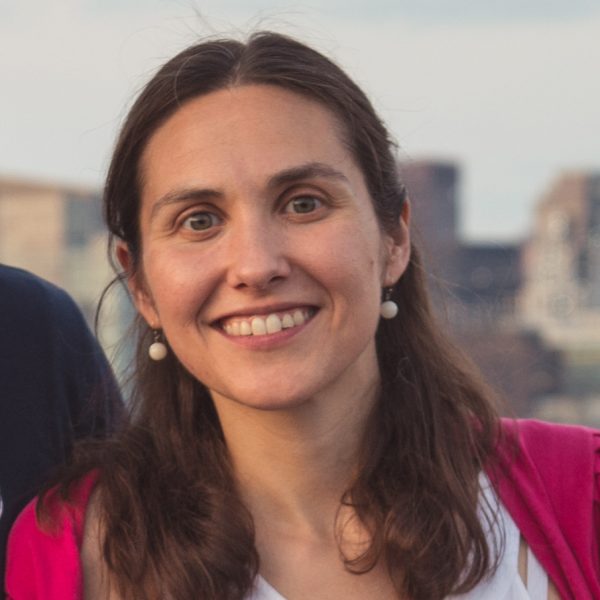
Vicki Ekstrom High is the Senior Director for Communications, Marketing and External Engagement at the University of Chicago’s Institute for Climate and Sustainable Growth as well as at the Energy Policy Institute at the University of Chicago (EPIC). Prior to coming to the University of Chicago, Vicki created and led the media and public relations efforts for the MIT Energy Initiative (MITEI) and the MIT Joint Program on the Science and Policy of Global Change. She was also a speechwriter for the Administrator of the U.S. Environmental Protection Agency, Lisa Jackson, and a Press Secretary for the U.S. Senate Committee on Small Business & Entrepreneurship under the chairmanships of Senators Mary Landrieu and John Kerry. Vicki started her career in Washington D.C. as the national beat reporter for the Bangor Daily News.
Media Inquires: vekstrom@uchicago.edu
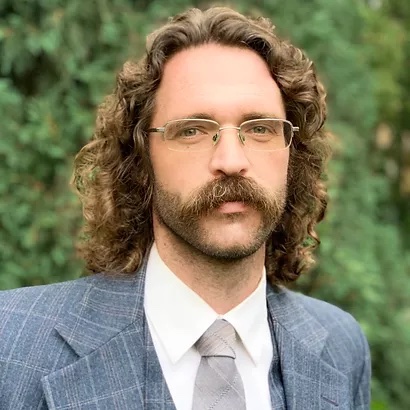
Andy Hultgren is an assistant professor at the department of Agricultural and Consumer Economics at the University of Illinois Urbana-Champaign, a faculty affiliate at the National Center for Supercomputing Applications, and a member of the Climate Impact Lab.
Andy’s doctoral studies were at the University of California, Berkeley’s Department of Agricultural and Resource Economics where he was a fellow in the Global Policy Lab and a National Science Foundation Data Sciences for the 21st Century fellow. Andy was a postdoc at the Energy Policy Insitute at the University of Chicago and the department of Economics. Before pursuing his PhD, Andy provided climate change analysis services for several federal agency regulatory proceedings and advised numerous local governments and private businesses on approaches to reduce their greenhouse gas emissions. Along with his wife and two kids, he also spent two years in Argentine Patagonia studying sustainable construction techniques.
Andy also holds a Master’s in Public Policy from U.C. Berkeley and a BSE in Chemical Engineering from Princeton University.
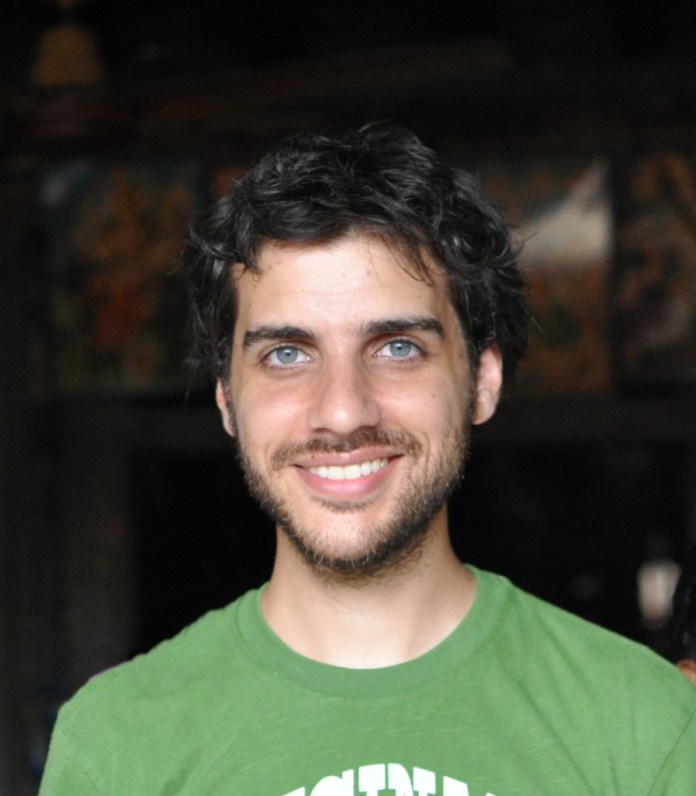
Amir Jina is an assistant professor at the Harris School of Public Policy. He previously served as a postdoctoral scholar at the Economics Department of the University of Chicago. An environmental and development economist, his research focuses on the role of the environment and environmental change in the shaping how societies develop. He uses applied economic techniques combined with methods from climate science and remote sensing to understand the impacts of climate in both rich and poor countries, and has conducted fieldwork related to climate change adaptation with communities in India, Bangladesh, Kenya, and Uganda. Prior to University of Chicago, Amir was a visiting scholar at the Goldman School of Public Policy in University of California, Berkeley where he worked on the economic analysis of the Risky Business initiative, an independent assessment of the economic risks posed by a changing climate in the U.S commissioned by co-chairs Michael R. Bloomberg, Henry Paulson, and Tom Steyer. Amir received his Ph.D. in Sustainable Development and M.A. in Climate and Society both from Columbia University, B.A.s in Mathematics and Theoretical Physics from Trinity College, Dublin, and previously worked with the Red Cross/Red Crescent in South Asia.
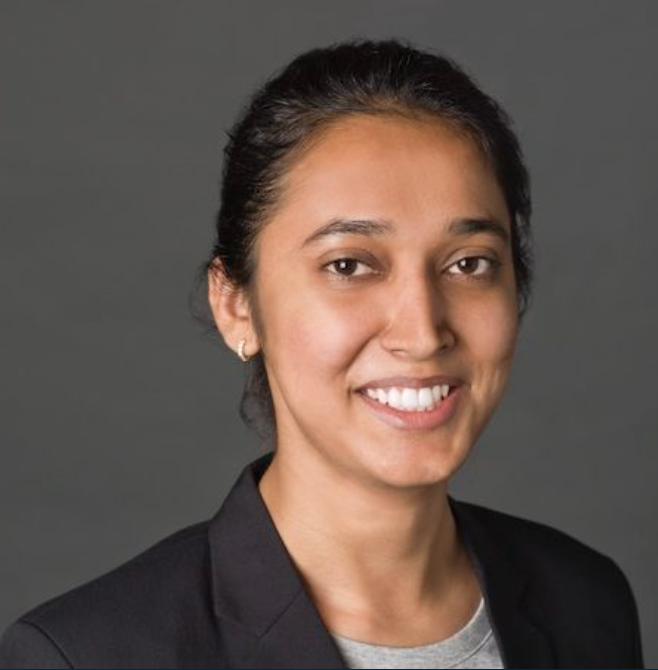
Jaspreet Kaur is a Data Visualization Analyst at Rhodium Group. Jaspreet is responsible for building interactive visualizations that support decision making and communicate meaningful insights. She focuses primarily on extending the functionality of the firm’s data visualization and analytical platforms. Her projects range from Rhodium’s cutting edge research on the economic impact of climate change through the Climate Impact Lab to our ongoing assessment of Chinese economic policy. Jaspreet also has primary responsibility for Rhodium design standards.
Jaspreet graduated from the University of Illinois at Chicago with a Master’s degree in Computer Science, where she focused on user interface design, data visualization, and visual analytics.
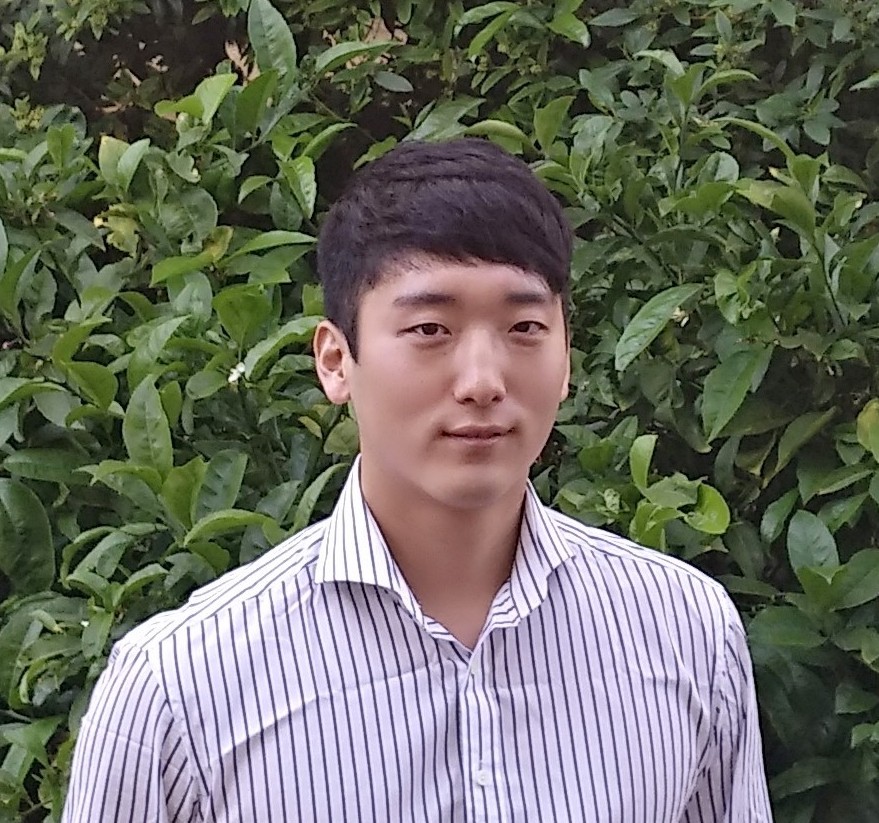
Jaecheol is currently a Post-Doctoral Fellow at the Climate Impact Lab. As a member of the Coastal Analysis team, he assesses the heightened risks of wind and flood damage in coastal regions due to climatic changes.
He earned his Ph.D. in Agricultural and Resource Economics from UC Berkeley and holds a B.A. in Economics with a double major in Spanish from Seoul National University, where he also completed a Master’s degree in International Studies.
His research primarily addresses environmental and urban economics, with specific focus areas including:
Coastal Challenges: Analyzing the heightened risks from wind and flood events in coastal areas due to climatic changes and assessing the societal impacts of shoreline protection measures such as beach nourishment.
Air Pollution: Investigating the public health impacts of transboundary air pollution and the effectiveness of air quality alerts.
Consumer Welfare: Analyzing changes in consumer welfare resulting from governmental policies, using recent advancements in consumption expenditure data.
He has been selected as a Beijer Young Scholar by the Beijer Institute of Ecological Economics at the Royal Swedish Academy of Sciences. He is also a grantee of the 2017 Fulbright Scholarship, awarded through the Fulbright Scholar Program sponsored by the U.S. Department of State’s Bureau of Educational and Cultural Affairs.
Email: ferleejc@uchicago.edu
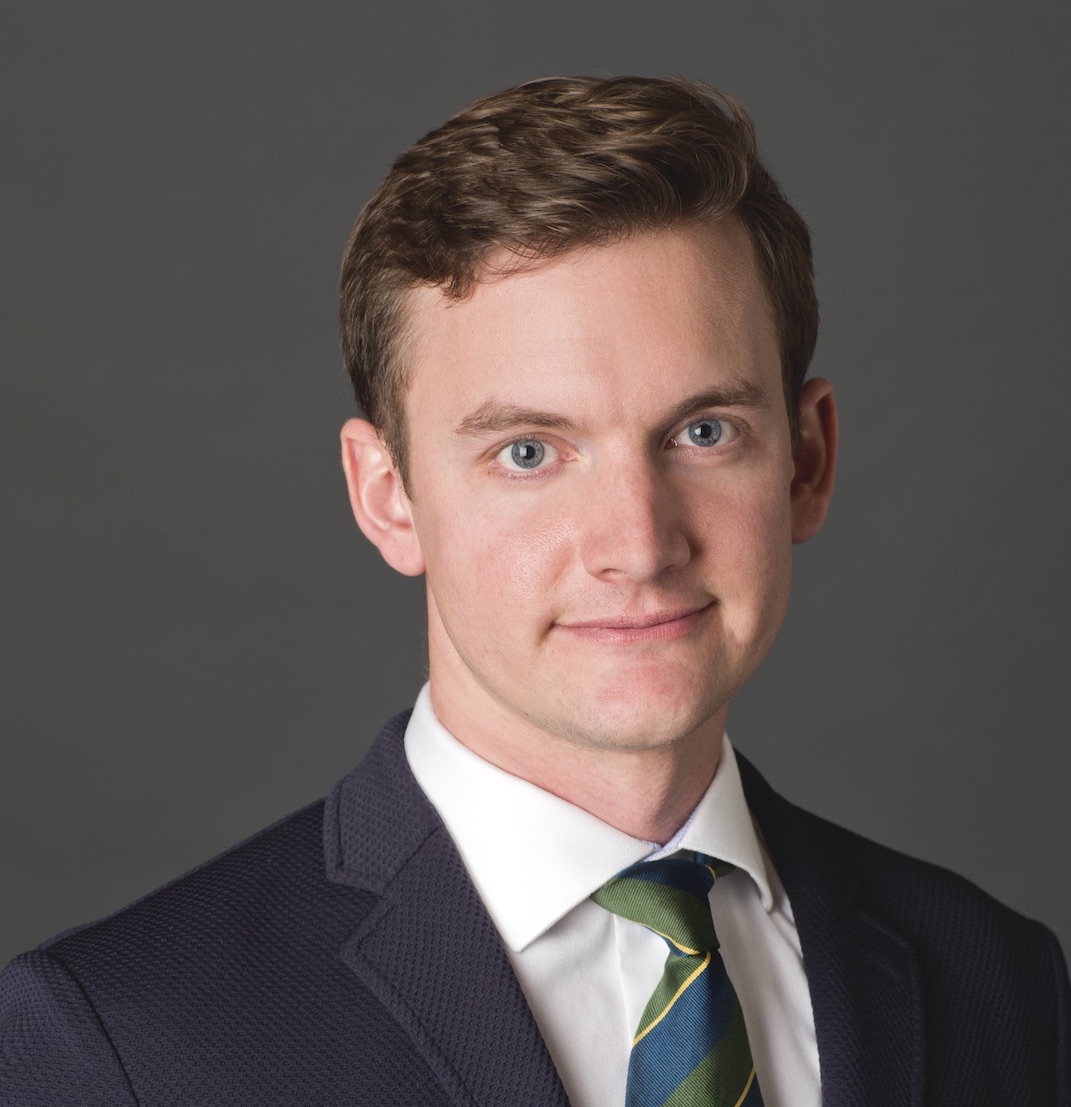
Brewster Malevich is a Senior Research Developer at Rhodium Group, lending his computational and climate research experience to support research, cyberinfrastructure, and software development for the Climate Impact Lab. Prior to joining Rhodium, Brewster was a research scientist at the University of Arizona, working under the Laboratory of Tree-Ring Research and the Department of Geosciences. Brewster has tackled a variety of data-intensive research questions touching on forest fires, streamflow drought in the Western US, global deglaciation, and the climate preferences of ocean plankton. He received a Ph.D. in Geosciences and Master’s degree from the University of Arizona, as well as a Bachelor’s degree from the University of Minnesota.
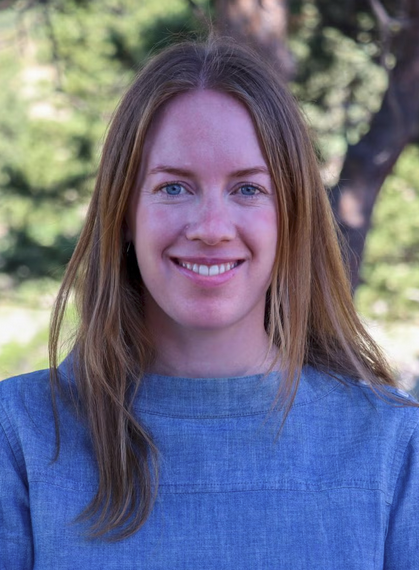
Emma is a Research Software Developer at Rhodium Group focusing on the development of software and infrastructure that supports climate science and impacts research. Prior to joining Rhodium Group, Emma completed her Ph.D. in Geography at the University of Utah, where she was a research assistant and graduate research fellow in the Snow & Ice Research Lab. Her research focused on quantifying recent variability of Himalayan glaciers using Earth observation datasets. Emma also holds a M.S. from the University of Utah and a B.A. from Colorado College.
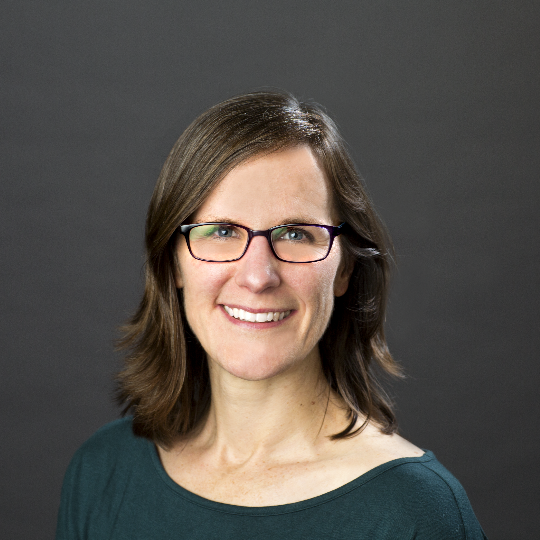
Kelly McCusker is an Associate Director with Rhodium Group’s Energy & Climate practice, lending climate science expertise to a range of projects and managing the firm’s Climate Impact Lab research. Previously, Kelly was a Postdoctoral Fellow and Research Associate at the University of Washington and the University of Victoria in British Columbia, Canada where she studied the role of the changing Arctic sea ice cover on global circulation, weather, and climate using a hierarchy of numerical global climate models. She received a Bachelor’s in Mathematics from Providence College and a Ph.D. in Atmospheric Sciences with a concentration in Climate Science from the University of Washington, and in between worked as a software developer in defense, finance, and astrophysics.
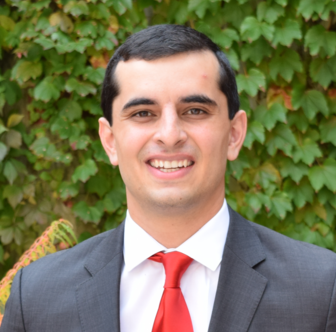
Ishan Nath is an Assistant Professor of Public Policy at the Harvard Kennedy School studying topics related to climate change, international trade, economic growth, and development. He previously was an economist at the Federal Reserve Bank of San Francisco. Ishan received his PhD in economics from the University of Chicago in 2019, where he stayed for a 2-year pre-job-market postdoctoral fellowship affiliated with the Climate Impact Lab and the Energy Policy Institute. Prior to joining the Fed, Ishan spent the 2021-22 academic year as a postdoctoral fellow in the International Economics Section at Princeton.
Ishan also holds a B.A. in Economics and a B.S. in Earth Systems from Stanford University and an MPhil in Economics from the University of Oxford, where he studied as a Rhodes Scholar. In addition to his studies, Ishan has policy experience as an intern at the White House, U.S. Treasury, and The Carter Center, and as a consultant for the National Commission on the BP Deepwater Horizon Oil Spill and the Environmental Defense Fund.

James Rising is a researcher at the School of Marine Science & Policy at the University of Delaware. He studies and develops frameworks to model the feedback loops between environmental and human systems. He hopes to use new technologies to help communities act on those insights to support sustainability and promote social justice.
Prior to joining UD, James was a researcher at the Grantham Research Institute at LSE and held postdoctoral positions at the Energy & Resources Group at UC Berkeley and the Energy Policy Institute at the University of Chicago. He received his Ph.D. from Columbia University’s program in Sustainable Development. He previously taught within MIT’s Experimental Study Group and at Franklin W. Olin College of Engineering. He has also had a career as a software developer, working with over a dozen companies on audio and video processing, social networks, and artificial intelligence.
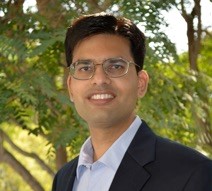
Ashwin Rode is director, scientific research in the Department of Economics at the University of Chicago. At EPIC, he is working on the Global Climate Prospectus, a multidisciplinary endeavor that will assess climate change impacts around the world. His other research areas include the political economy of environmental and climate policy and natural resource management. Ashwin received an A.B. in Economics from the University of Chicago, an M.S. in Economics from the University of Texas at Austin, and a Ph.D. in Economics from the University of California, Santa Barbara.

Emily Vargas is the new Program Manager of the Climate Impact Lab at the University of Chicago, with a background that connects program management, scientific expertise, and federal policy impact.
Emily earned her Ph.D. in Psychology from the University of Michigan and subsequently completed a Postdoctoral Research Fellowship in cardiovascular disease epidemiology at Northwestern University, Feinberg School of Medicine. She continued her career at Northwestern University as a Research Assistant Professor supported by a National Institutes of Health (NIH) grant. Emily’s foundational expertise lies in the psychosocial determinants of health and well-being.
She transitions from her role as a Program Officer at the National Academies of Sciences, Engineering, and Medicine in Washington D.C., where she managed complex, high-profile studies that delivered evidence-based recommendations to the federal government. Her impact includes coordinating expert teams, leading comprehensive resource and risk management, and producing scientific reports that were globally cited and that shaped the drafting of legislation. Emily represented the National Academies in critical forums, including delivering briefings to Congress and working closely with partners across the NIH, National Science Foundation (NSF), and branches of the U.S. military.

Jiacan is an assistant professor at the Department of Atmospheric and Oceanic Sciences at Fudan University (Shanghai). She is interested in understanding the fundamental dynamical processes in the atmosphere and improving climate models, which could give us better predictive power and risk assessment of the changing climate. Her research apparatus is built with a fusion of advanced statistical methods, idealized general circulation models (GCM), and state of the art earth system models. At present, her research interests include: a. understanding the evolution of climate extremes in the context of climate change; b. estimation of projected sea level rise; c.assessing economic risks from the projection of future climate. Jiacan has worked on several projects on climate dynamics, including the response of large-scale circulations in the warming climate, its effects on regional weather patterns and extreme events, tropical influence on mid-latitude weather, and dynamical mechanisms of sub-seasonal variability of mid-latitude jet streams.

Maiqi Yu is a pre-doctoral fellow at EPIC working with the Climate Impact Lab. She currently supports a project examining the labor market consequences of climate change, exploring how climate shifts reshape employment patterns and worker welfare. Before joining CIL, Maiqi worked as a research assistant at the Center for the Economics of Human Development (CEHD), where she contributed to studies investigating the links between personality traits, economic preferences, and labor market behavior. She holds a Master’s in Social Science with a concentration in Economics from the University of Chicago. Her research interests center on labor and environmental economics.
“I feel incredibly lucky to learn and work at the Climate Impact Lab. The Lab’s supportive and intellectually vibrant environment encourages open discussion—from lunchtime conversations to formal meetings. Witnessing ideas evolve through conversations with peers and professors feels magical. Tackling difficult questions here is deeply enjoyable. It’s definitely a wonderful place to grow into a better researcher.”